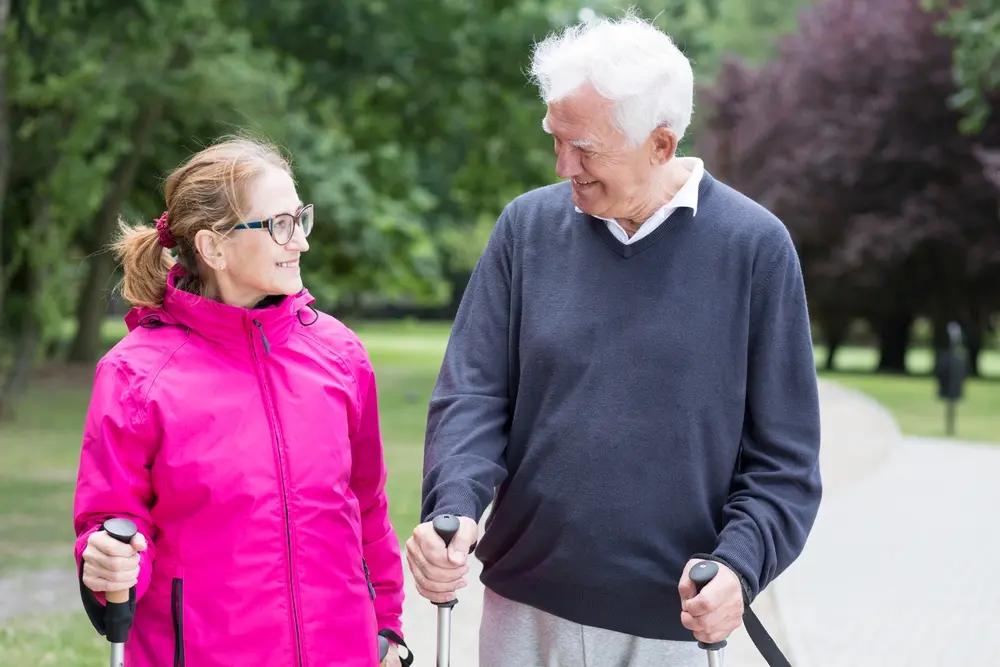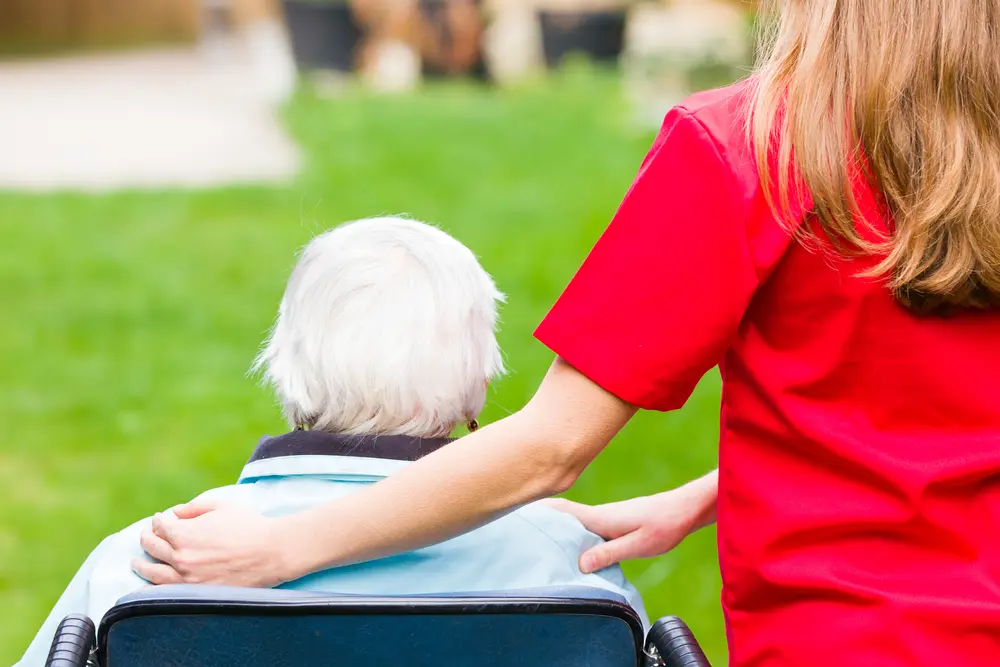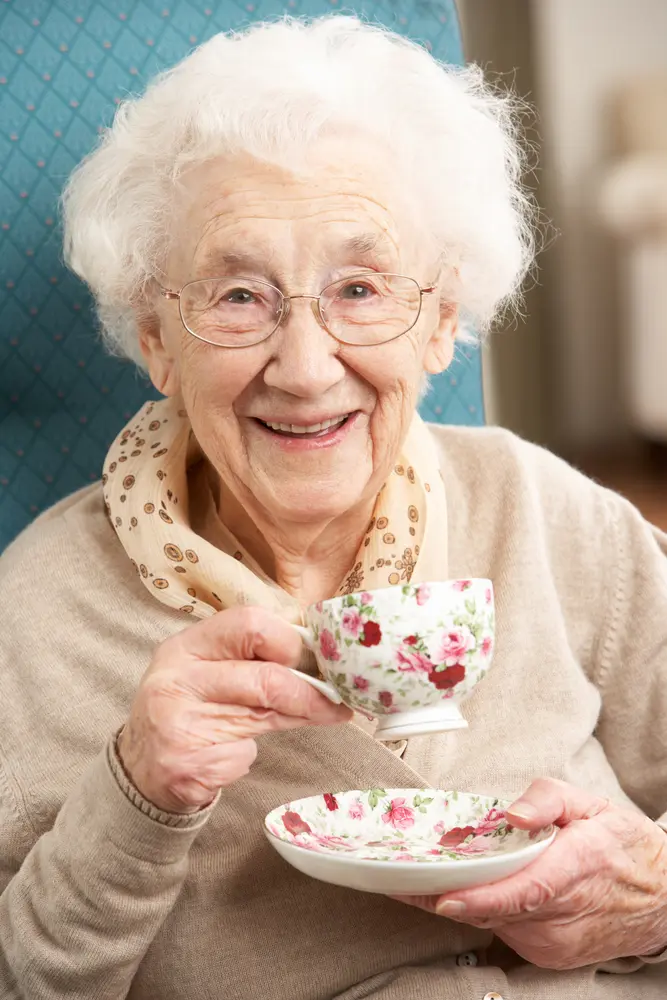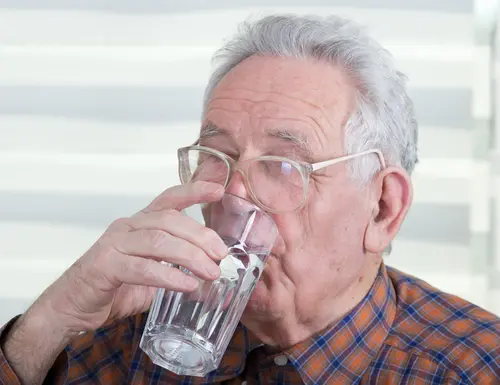According to a new study, regular exercise has the potential to limit cognitive decline equivalent to a decade of aging among over 65s.
Regular exercise has the potential to limit cognitive decline equivalent to a decade of aging among over 65s, according to the new Northern Manhattan Study.
The research states that people in this demographic who claimed that they engaged in little-to-no exercise witnessed a decline equal to 10 years of aging compared to others who participated in moderate to intensive exercise.
876 people were enrolled in the study, and each were asked to confirm how long and often they had exercised in the preceding fortnight. Every participant was given a series of memory and thinking tests alongside an MRI scan seven years after the survey began, with the memory and thinking tests repeated again five years later.
90% of respondents were defined as ‘low activity’, and the remaining 10% categorised in the ‘high activity’ group. The low activity group recorded a markedly greater cognitive decline after five years, equivalent to 10 years of aging.
Dr Clinton Wright, Scientific Director at University of Miami and key study contributor, said: “Our study showed that for older people, getting regular exercise may be protective, helping them keep their cognitive abilities longer… Physical activity is an attractive option to reduce the burden of cognitive impairment in public health because it is low cost and doesn’t interfere with medications.”
The outcome of this study supports research from Cambridge University, which found that an hour of exercise per week could reduce older people’s risk of dementia by half.
Fiona Lowry, our CEO, commented: “This research shows the importance of keeping loved ones active in their older years. What might seem like minor activities – helping out around the house or doing the gardening – all contribute towards maintaining optimal health. At The Good Care Group, we enable our clients to engage with activities they enjoy at home, giving them a sense of independence and dignity in a familiar environment, as well as the exercise needed to stay healthy.”



